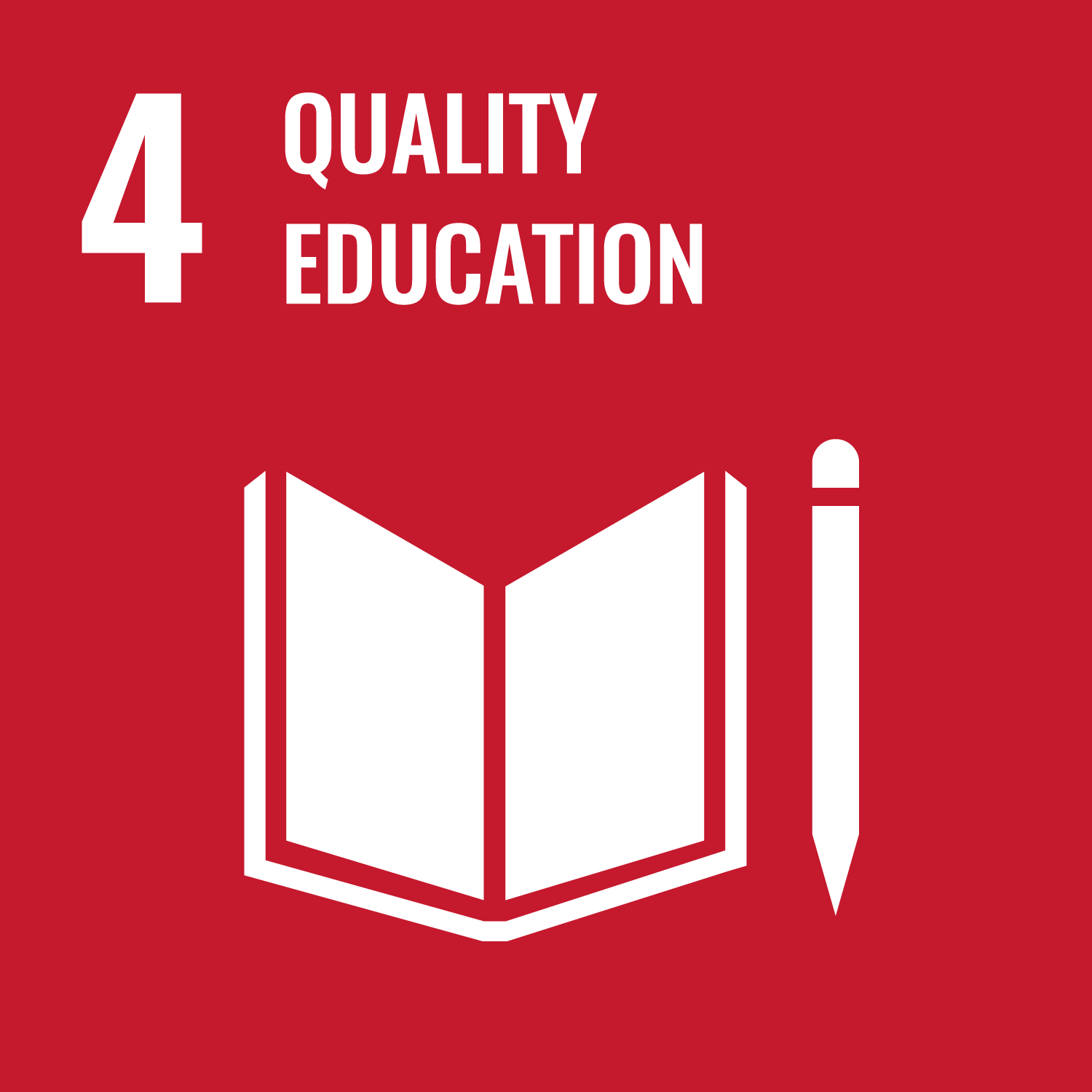ORCID
- John Tredinnick-Rowe: 0000-0002-1154-7410
Abstract
Thure von Uexküll's reputation as a pioneer in biosemiotics and also in psychosomatic medicine is well documented. It is easy to see these disciplines reflected in his notable publications, both in English and in German. However, if one spares the time to filter through all of his articles, monographs, conference papers and editorials in English and in German, a notable gap arises in his English language publications: that of clinical education. This gap in the English language literature may seem unimportant in and of itself, but it speaks volumes when we consider the total absence of medical semiotics in the curriculum of medical schools in the English speaking world. This runs in stark contrast to the strong traditions of psychosomatic medicine in Germany, which Thure von Uexküll largely helped to instil. Do the works of Thure von Uexküll offer a possible step towards a resurrection of medical semiotics in clinical education? This chapter attempts to explore the lesser known German literature on clinical education that Thure von Uexküll produced, and explore the role semiotics can play in Medical Education in the English speaking world. While also seeking to contrast this literature with other existing approaches in British and American medical schools who have attempted to reintroduce medical humanities and reflexive thinking into clinical education.
DOI Link
Publication Date
2016-07-11
Publication Title
Medical Humanities
ISSN
1468-215X
Acceptance Date
2016-06-08
Embargo Period
2017-07-11
Recommended Citation
Tredinnick-Rowe, J. (2016) 'The (re)-introduction of semiotics into medical education: on the works of Thure von Uexküll', Medical Humanities, . Available at: 10.1136/medhum-2016-010969


